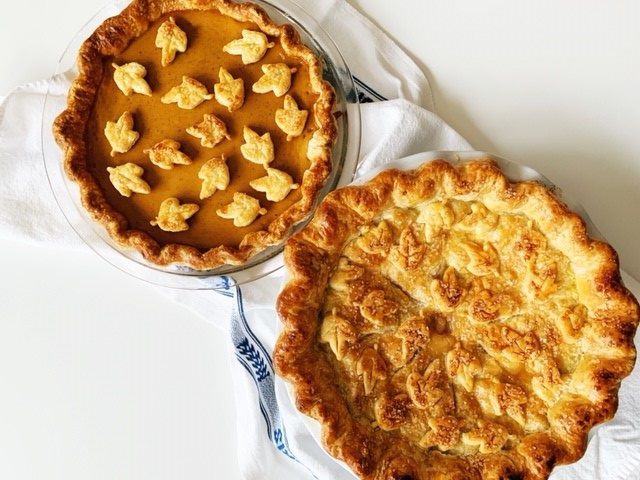Peanut butter is perhaps one of the most reliable items in your kitchen cabinet. It’s always there, ready to be spread over a toasted slice of bread and smothered in jelly. It’s also the perfect companion to chocolate, making it an essential ingredient in many desserts.
But now that I think about it, I don’t know how long ago it was that I purchased the jar of peanut butter that’s currently in my cabinet. Does peanut butter go…bad? After doing a little research, I found the answer to this alarming question, and I’ll never look at peanut butter quite the same. Well, that might be dramatic, but it’s true, the answer was quite a surprise to me. Learn if and when peanut butter goes bad, and how you should store it so it lasts as long as possible.
Can Peanut Butter Go Bad?
Short answer — yes! Who would’ve thought, right? Low moisture content and high levels of fat give it an extremely long shelf life. But it will eventually go rancid due to its high fat content.
Food that has gone rancid likely won’t get you sick, but you probably won’t want to eat it, as the taste and texture will be very unpleasant. Once it hits this stage, even the most die-hard peanut butter fans won’t go near it.

How to Tell If Peanut Butter Has Gone Bad
You’re not going to find mold growing on your peanut butter. That being said, you can still tell that peanut butter has gone bad by sight. Rancid peanut butter will be hard and dry, and the color might even be darker.
Of course, a classic sign of rancid food is a change in smell. Rancid peanut butter might smell, well, not like peanut butter (beware of bitter or metallic odors).
How to Store Peanut Butter
How you should store your peanut butter is going to differ based on the type you’re dealing with. Conventional, processed peanut butter has a long shelf-life due to the addition of stabilizers like palm oil and hydrogenated oils. These will be fine to store in a cool, dry place for a period of time. Although for a longer shelf life, you’ll want to transfer it to the fridge after two to three months.
Natural peanut butter on the other hand does not contain any of these additives, so they do best when refrigerated after opening. However, they will be fine for a few weeks at room temperature. Worried about the oil separation? You can forget making a mess on the counter as you try to stir the oil into the peanut butter — store it upside down instead so the oil evenly distributes throughout the jar.
How Long Does Peanut Butter Last?
And now for the answer we’ve all been waiting for: how long does peanut butter really last? Who better to answer than the National Peanut Board? Here’s what they have to say on the matter:
- Unopened conventional peanut butter: 6-9 months, no refrigeration needed
- Opened conventional peanut butter: 2-3 months in the pantry, 6-9 months in the fridge
What about natural peanut butter? Much to my surprise, you don’t have to refrigerate natural peanut butter, according to Teddie (a natural peanut butter company). But to slow oil separation, it’s best stored in the fridge. Natural peanut butter will be fine in the pantry for up to a month, but if you don’t plan to eat it that quickly, you should probably refrigerate it for the best possible taste and texture.
Related:
- 5 Easy Ways to Use Peanut Butter for More Than Sandwiches
- 15 Peanut Butter and Jelly Recipes That Go Beyond the Sandwich
- Browse our entire collection of Peanut Butter Recipes.




